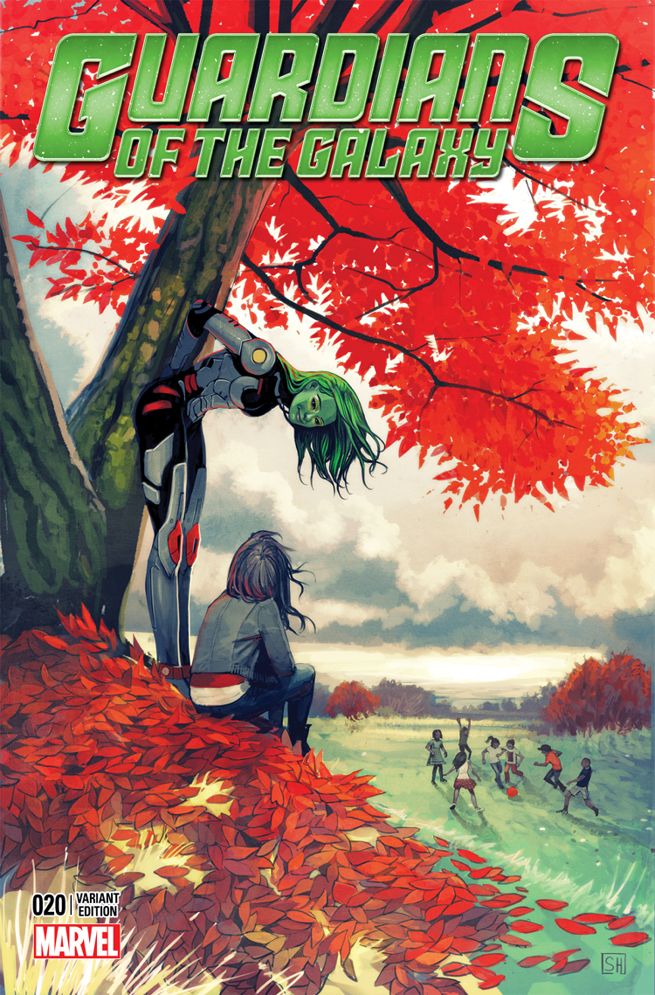There’s nothing worse than
discovering your tween or teen has been targeted by a bully. As a
parent, you may experience an entire range of emotions including anger,
fear, pain, confusion and maybe even embarrassment. But regardless of
what you are feeling, overcoming bullying requires immediate action on
your part.
Bullying is not something that goes away on its own and it’s not something kids can just “work out.” Even if you are not sure if your child is being bullied, your participation in the situation is crucial to a positive outcome.
Here are 10 steps you can take to help your child overcome bullying.
Bullying is not something that goes away on its own and it’s not something kids can just “work out.” Even if you are not sure if your child is being bullied, your participation in the situation is crucial to a positive outcome.
Here are 10 steps you can take to help your child overcome bullying.

1. Create an environment where your tween or teen feels safe talking to you.
Make sure your teen or tween feels comfortable sharing with you. Avoid having an emotional reaction and don’t shame your child for being bullied. Instead, ask questions in a calm manner gathering as many details as you can. Applaud your tween or teen’s courage in telling you about the incident. This not only encourages future disclosures, but also helps build a stronger relationship between the two of you.2. Make a commitment to help resolve the issue.
It’s always a good idea to ask for your child’s opinion before you go straight to teachers or administrators. Sometimes a tween or teen will be afraid of retaliation and you need to be sensitive to this concern when addressing the issue. If there is a fear of retaliation, you will need to be discreet in talking with school authorities and be sure they will do the same. Make sure they will not put your child at risk by calling both kids into the office at the same time or asking them to sit down with the guidance counselor together.3. Discuss the bullying incidents in detail with school personnel.
Be sure to bring notes about when and where the bullying took place. The more concrete documentation you can provide, the better. Also ask them to share the school’s bullying policy and stress that you want to partner with the school to see that the issue is resolved.4. Emphasize that your goal is to see that your child feels safe at school.
Ask the principal and guidance counselor how this will be accomplished. For example, what other adults, like duty aids, physical education teachers, bus drivers, hallway monitors and cafeteria staff, will be notified to be on alert? Can your child have a new class schedule or a new locker assignment? In other words, what steps can the school take to ensure your child’s safety? It’s very hard for a child to heal, if the school environment feels threatening or hostile. Even if the bullying has stopped, being around the bully may still cause your tween or teen anxiety.5. Consider outside counseling.
Bullying can affect your child in a number of ways and regaining self-confidence is a process that may require outside intervention. A counselor also can assess your tween or teen for depression and thoughts of suicide. Even if you suspect your child is fine, never underestimate the power of bullying. Kids have taken drastic measures to escape the pain it causes including committing suicide without ever admitting the hurt they were feeling.6. Encourage your tween or teen to stick with a friend at school.
Having a friend at lunch, in the hallways, while riding the bus
and during the walk home is always a good idea. Bullies are more likely
to target kids when they are alone. If finding a friend is an issue,
consider driving your child to and from school and ask the school if
they have a mentor or someone who can be available to your child.





























